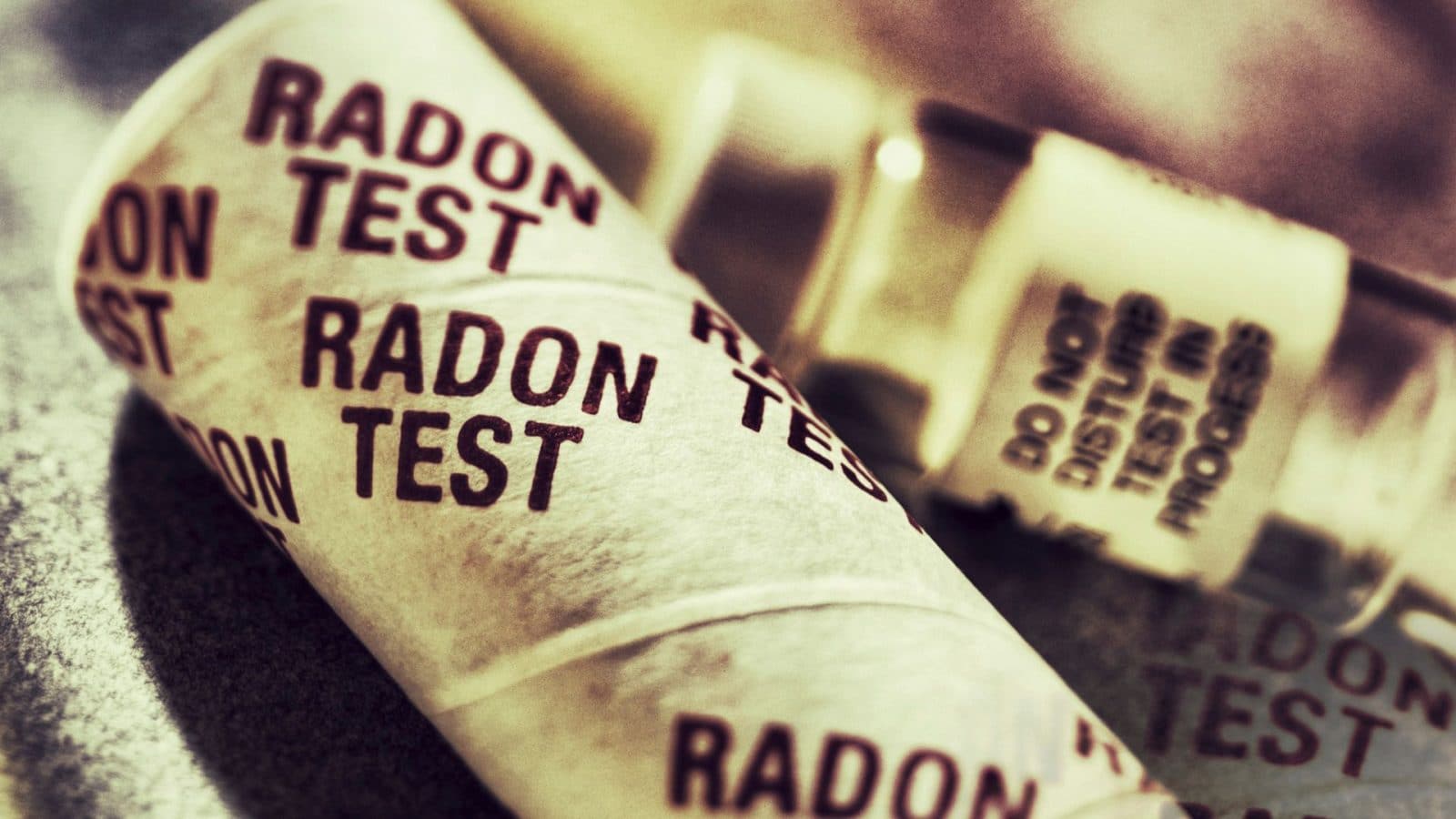As a homeowner who values their health, you should be aware of potential dangers in your living space. One such danger that often goes unnoticed is radon gas. Read on to explore the ways radon gas can affect your health and how you can protect your household from its hazards.
What Is Radon Gas?
Radon is a radioactive, tasteless, odorless, and colorless gas formed as a natural byproduct from the decay of uranium in soil, rock, and water. It is present in varying amounts in nearly all the air we breathe. The issue arises when radon gas becomes concentrated inside homes or other enclosed spaces, posing a significant health threat to those exposed.
Short-Term Exposure Effects
While short-term exposure to low levels of radon generally does not pose a significant risk, higher concentrations can begin to cause adverse health effects. Exposure to elevated radon levels for a short duration can lead to the following ailments:
- Respiratory issues, such as coughing, wheezing, and shortness of breath
- Headaches, dizziness, and fatigue
- Eye and skin irritation
Individual sensitivities to radon may vary, and some people might not experience any symptoms from short-term exposure. Still, knowing these potential symptoms will help you properly identify and react to early exposure.
Long-Term Exposure Effects
Long-term exposure to high levels of radon gas can cause more severe health issues. According to the Environmental Protection Agency (EPA), radon is the second leading cause of lung cancer after cigarette smoke, responsible for approximately 21,000 lung cancer deaths in the US annually.
Elevated levels of radon can significantly increase the risk of lung cancer, even in the absence of other risk factors like smoking. Additionally, studies have suggested a possible link between radon exposure and other health issues, such as leukemia, though more research is necessary to establish a definite connection.
How To Mitigate Radon
Reducing radon exposure in your home is vital for maintaining your health. Here are some steps you can take to mitigate radon:
- Test your home: The first and most crucial step in addressing radon is to test your home for its presence. Purchase an easy-to-use DIY radon test kit from a reputable supplier or hire a professional radon testing service to ensure accurate results.
- Seal cracks and openings: Sealing cracks and openings in your home’s foundation, walls, and floors can help reduce the entry of radon gas.
- Install a radon mitigation system: If radon levels exceed the EPA’s recommended limit of 4.0 pCi/L (picocuries per liter), you must install a radon mitigation system. Such systems can reduce indoor radon levels by up to 99 percent.
- Maintain your radon system: Regular maintenance of your radon mitigation system, including periodic inspections and filter replacements, ensures optimal operation.
Understanding the ways radon can affect your health is crucial for homeowners who value their well-being. By remaining proactive in testing for and mitigating radon exposure, you can significantly reduce the risk it poses to you and your loved ones. And in addition to understanding radon’s health effects, you can further protect yourself by getting answers to the most frequently asked questions about radon gas. It’s time to protect your household from the dangers of radon gas!















